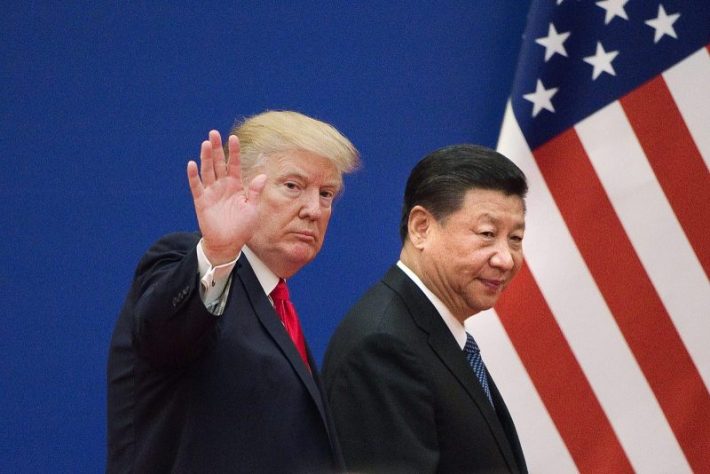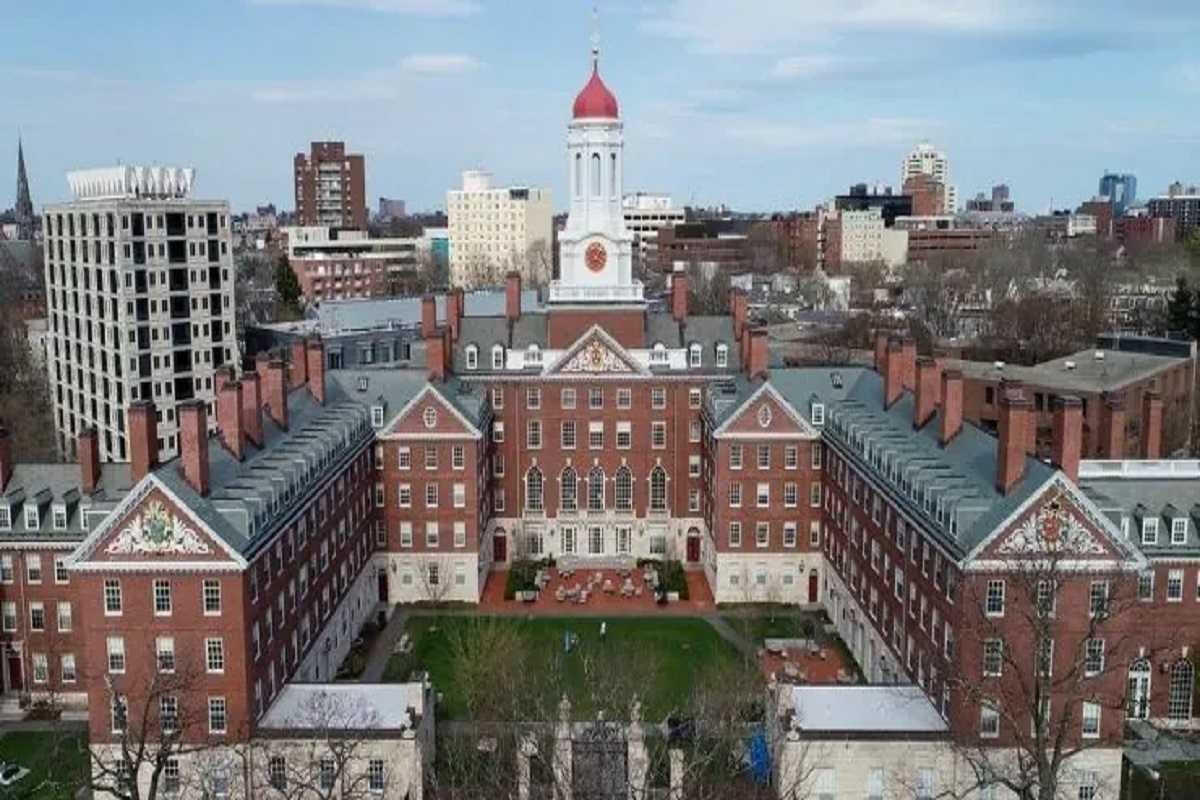
The much-awaited Maha Kumbh Mela of 2025 reached its climax today, coinciding with the auspicious date of Maha Shivratri. The atmosphere was filled with devotion, spirituality and cultural fervour as lakhs of devotees thronged the confluence of the Ganges, Yamuna and the mythical Saraswati rivers in Prayagraj. This year’s Kumbh Mela was extraordinary, attracting pilgrims not only from across India but also from across the world. Let us take a closer look at why the last royal bath is so significant and how it turned out on its last day after the event began in full swing.
All the points in this post
What is Maha Kumbh?
To truly appreciate the grandeur of the Maha Kumbh, we must first understand its roots. One of the world’s largest religious gatherings, the Kumbh Mela is held every 12 years in Prayagraj, Haridwar, Nashik and Ujjain in India. The Maha Kumbh, held once every 144 years in Prayagraj, is the most significant of them all. In Hindu mythology, the Kumbh Mela commemorates the celestial struggle between the gods and demons for nectar, nectar.
It is believed that drops of this divine nectar fell at these four places, transforming them into spiritual centers. Prayagraj, formerly known as Allahabad, stands out due to its special geographical location and mythological significance. Especially during the Kumbh Mela, this confluence is considered the most sacred place for bathing. Devotees believe that bathing in these waters cleanses sins and paves the way for liberation (moksha). For centuries, saints, sages, and common people have flocked to the city to partake in this transformative experience.
The Final Shahi Snan on Mahashivratri
Today, the 2025 Maha Kumbh Mela concludes with the final Shahi Snan or royal bath on Mahashivratri. The spiritual value of this day is immense as it is a tribute to Lord Shiva, one of the main deities of Hinduism. From dawn, the roads leading to the Sangam are filled with chants of “Har Har Mahadev” and lively processions led by members of various akhras (monastic orders).
In a grand display of tradition and discipline, these akhras, including the venerated Juna Akhra, march towards the riverbank. The Shahi Snan is not just a ritual; it is a symbol of purity, renewal and connection with the divine. Believing that they are purifying their souls, sadhus dressed in saffron robes, covered in ash and adorned with Rudraksha beads, take a dip in the icy water. Similarly, thousands of pilgrims daily seek the blessings of the holy Sangam. All are united by faith and purpose, and the power is palpable.

Massive Turnout: Over 40 Lakh Pilgrims
By 6 am today, an astonishing number of over 4 million pilgrims had already gathered at the Sangam. These figures show that the Kumbh Mela is beloved by all, regardless of caste, religion or nationality. Managing such a huge crowd is extremely challenging. Authorities have made great efforts to provide essential amenities like drinking water, sanitation facilities, medical assistance and transport services. Temporary bridges, pontoon boats and viewing galleries have been built to handle the influx of visitors.
Despite careful planning, there will always be obstacles. Long lines, crowded paths and occasional delays can test patience. Yet, most participants persevere, driven by their unwavering commitment to participate in this once-in-a-lifetime event. Many spend weeks preparing mentally and physically for the journey, often travelling long distances in challenging conditions. Their determination reflects the profound impact the Kumbh Mela has on the individual and collective consciousness.
Security Measures and Police Alertness
Considering the magnitude of the event, public safety is of utmost importance. Authorities have made all-out efforts to implement stringent security measures. Thousands of police officers, paramilitary forces and volunteers have been deployed across Prayagraj. To monitor the situation and keep things safe, sophisticated technology like drones, facial recognition systems and CCTV cameras are being used.
Ghats (riverside steps) and narrow lanes, two areas that are prone to crowding, have been given special consideration. Barricades, signboards and announcements guide pilgrims along the designated routes smoothly. Any medical emergencies or accidents can be handled by emergency response teams. While past editions of the Kumbh Mela have seen occasional tragic incidents like stampedes, officials are confident that the enhanced preparations will reduce the risk this time.
Cultural Showcase: A Glimpse of India’s Heritage
Beyond the religious dimension, the Maha Kumbh serves as a grand stage to showcase India’s rich cultural tapestry. Spiritual leaders play a vital role in guiding the participants and sharing knowledge. Giri Maharaj of Juna Akhara was one of the notable speakers, saying, “During this Maha Kumbh, the world saw a glimpse of our civilization and culture.” His words captured the essence of the event – a celebration of diversity, inclusion and timeless traditions.
Throughout the fair, visitors witnessed captivating performances of classical music, dance and theatre. Food stalls served regional delicacies, while artisans showcased intricate handicrafts. These elements create an immersive environment where ancient customs blend seamlessly with modern life. Moreover, the presence of international tourists highlights the universal relevance of the Kumbh Mela as a beacon of peace and harmony.

Live Updates and Media Coverage
Real-time updates keep visitors updated on all aspects of the Maha Kumbh in the digital age. Processions, speeches and other events are broadcast live on news channels, websites and social media platforms. Hashtags like #MahaKumbh2025 and #Mahashivratri further amplify the global reach of this historic event. Journalists capture touching moments, interviews and expert analysis to provide context and depth to a global audience.
This extensive coverage not only educates but also encourages curiosity about Indian culture and spirituality. Those unable to attend physically can still feel connected through virtual experiences. The power of the Kumbh Mela to promote global dialogue and transcend geographical boundaries is reflected in the massive online interest.
Significance of Mahashivratri
As the last Shahi Snan begins on the occasion of Mahashivratri, understanding its significance adds another layer of meaning. In Hindu mythology, Mahashivratri celebrates the marriage of Lord Shiva and Goddess Parvati. Devotees observe fasts, perform puja (worship) and meditate throughout the night, seeking blessings for health, prosperity and enlightenment.
Chanting mantras like “Om Namah Shivaya” echo in homes and temples, creating a peaceful atmosphere. The confluence of Sangam, Mahashivaratri and Kumbh Mela further enhances the sanctity of the event. Bathing here on this day is believed to bring immense merit and pave the way for liberation. Thus, the synergy between these two events enhances spiritual qualities.
End
We reflect on the amazing journey that brought millions of people together at sunset at the 2025 Maha Kumbh in search of divine grace. Despite inherent difficulties and logistical difficulties, the event was a success and will always be remembered fondly by those who attended. The unity, resilience and devotion displayed while being inspired by shared ideals reaffirmed the power of humanity to excel.
The spirit of the Kumbh Mela continues to resonate as the final pilgrims leave Prayagraj carrying stories and souvenirs for their respective countries. Its legacy endures – not just as a religious spectacle but as a testament to the enduring power of faith, culture and community. Until the next edition rolls around, may the lessons learned and the bonds forged serve as a guiding light for future generations.






